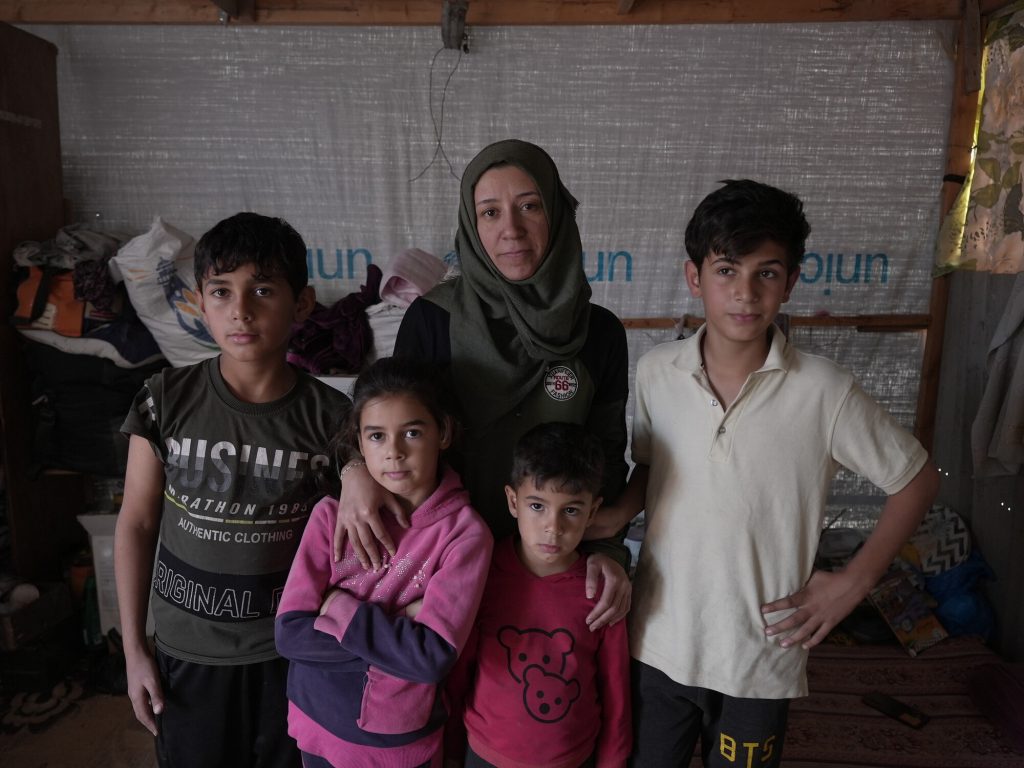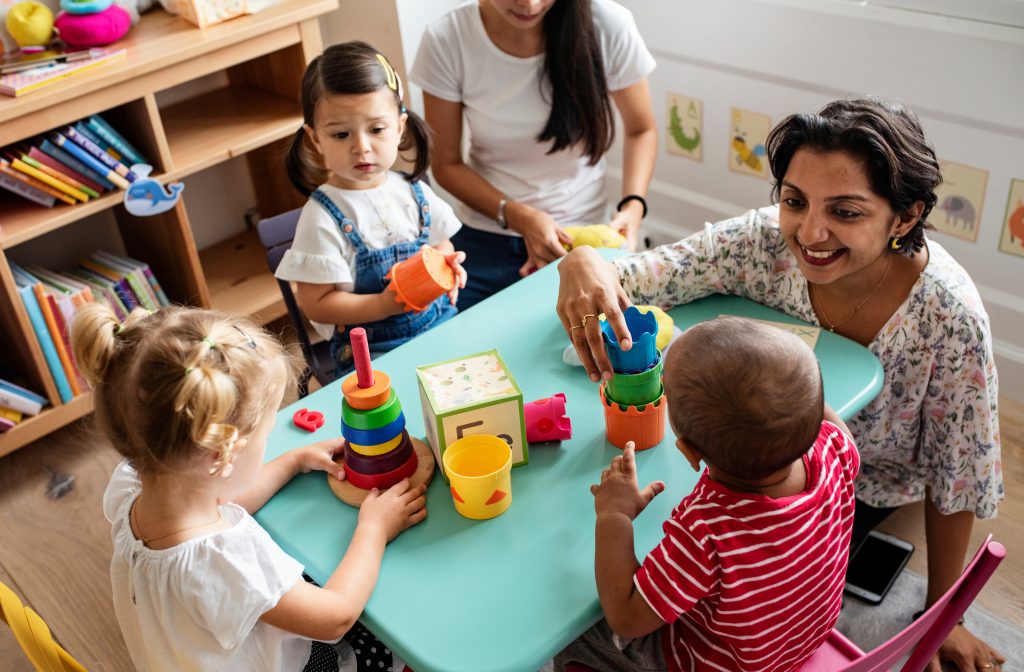Josefina’s Story: Food security and resilience for evicted women farmers in South Africa
Josefina Mabetha has something that many farm workers in South Africa don't – a small plot of land on which to grow her own fruits and vegetables.
Oxfam partner Women on Farms Project (WFP) has been helping Josefina and other women gain access to more land and acquire the skills they need for better food security and resilience.
"I grow my own vegetables because I have little bit of land. I feed my family with it. It is easier now that we have a water pump. With the help of Women on Farms, I have started a nursery so I can help other women in Spookytown."
Josefina lives with her family of five in a two-room corrugated iron shack in “Spookytown” – an informal settlement on the outskirts of Rawsonville, South Africa.
Rawsonville is an area full of lush vineyards, awe-inspiring mountains and colonial churches. Unfortunately, it's also home to many human rights abuses.
"We call this place Spookytown because we were brought here in trucks in the middle of the night, and we were scared. It was dark and we couldn't see anything," she said.
Like countless other farm workers in the region, Josefina was evicted from the commercial farm on which her family had worked and lived for generations.
Millions of farm workers have been evicted in South Africa since 1994. Post-apartheid labour legislation had the unfortunate result of fueling a farmer backlash against workers. Also, farmers are increasingly using seasonal workers for whom they do not have to provide housing. Women are particularly vulnerable because their housing rights are often tied to the labour contract of their male partner.
A hard life, but hope for the future
Life in Spookytown is hard. Josefina and the other women must walk for miles to fetch wood for cooking and heating. Portable toilets are shared between 5 families, and the recently installed water pumps between 25 families.
One of the biggest problems is lack of land. Many women don't even have the smallest parcel of soil on which to plant.
The Women on Farms Project (WFP) has been working in Spookytown and other settlements across the region to help women by facilitating access to land and skills.
"I have learned to keep the seeds from what I produce", said Josefina. "I now have beans, spinach, watermelon, potatoes, onions, squash, pumpkin, tomatoes and carrots. I feel less worried because I have at least some food for my family."
The women use most of the vegetables for household consumption, which greatly enhances their household food security and resilience. Many were unable to afford vegetables and fruits in the past and were more vulnerable in times of little or no income.
Some are even able to sell their surplus vegetables for extra income, but unfortunately this is not the case for Josefina…yet.
"I sell some firewood now, but I would like to have more land and transport, and a good place to sell my vegetables too. I could make some more money to send my oldest girls to school. I think that in the future this will happen. I hope this will happen."
Women on Farms Project is a partner in Oxfam Canada's Engendering Change Project – a five-year Oxfam program co-funded with the Government of Canada to build the capacity of local partner organizations to advance women's rights. Since 2009 the program has helped partner organizations in South Africa fight violence against women and increase women's participation in agricultural cooperatives and their access to much needed resources.

